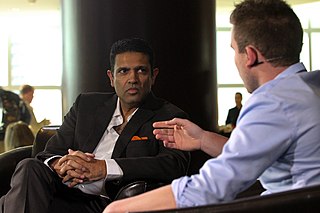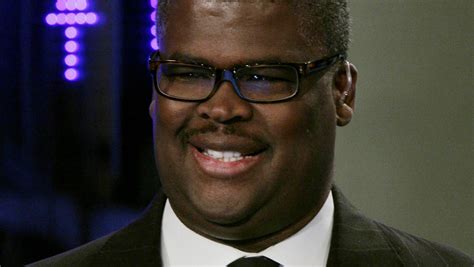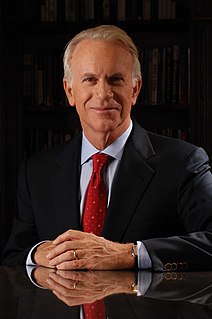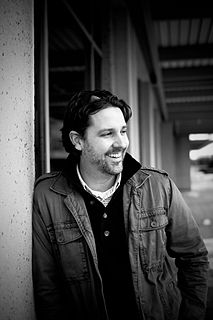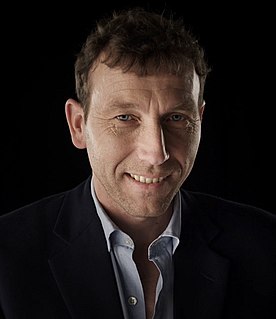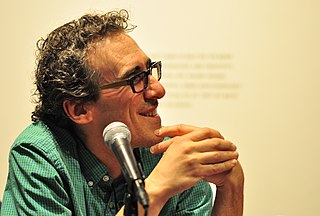A Quote by Hari Sreenivasan
The composition of our society has been changing. We [world] are becoming a more urban population. Mega-cities, those with more than 10 million residents, are booming.
Related Quotes
Thanks to Barack Obama, America is for the first time aligning its values with those of 'the majority of the world's population.' If you think the world's population has had better values than America, that is has made societies that are more open, free, and tolerant than American society, and that is has fought for others' liberty more than America has, you should be delighted.
In the 10 cities with the nation's highest obesity rates, the direct costs connected with obesity and obesity-related diseases are roughly $50 million per 100,000 residents. And if these 10 cities just cut their obesity rates down to the national average, all added up they combine to save nearly $500 million in healthcare costs each year.
Fifty percent of the world's population lives in cities. In a couple of decades, 70 percent of the world's population will be living in cities. Cities are where the problem is. Cities are where the solution is, where creativity exists to address the challenges and where they have most impact. This is why, in 2005, the C40 was founded, an organization of cities that address climate change. It started with 18 cities; now it's 91. Cities simply are the key to saving the planet.
Modern motor vehicles are safer and more reliable than they have ever been - yet more than 1 million people are killed in car accidents around the world each year, and more than 50 million are injured. Why? Largely because one perilous element in the mechanics of driving remains unperfected by progress: the human being.
The people who benefit from this state of affairs have been at pains to convince us that the agricultural practices and policies that have almost annihilated the farming population have greatly benefited the population of food consumers. But more and more consumers are now becoming aware that our supposed abundance of cheap and healthful food is to a considerable extent illusory.
The right to the city is far more than the individual liberty to access urban resources: it is a right to change ourselves by changing the city. It is, moreover, a common rather than an individual right since this transformation inevitably depends upon the exercise of a collective power to reshape the processes of urbanization. The freedom to make and remake our cities and ourselves is, I want to argue, one of the most precious yet most neglected of our human rights.
Those 62 million girls who are not being educated around the world impact my life in Washington, D.C., in the United States of America. Because if we aren't empowering and providing the skills and the resources to half of our population, then we're not realizing our full potential as a society, as mankind.
